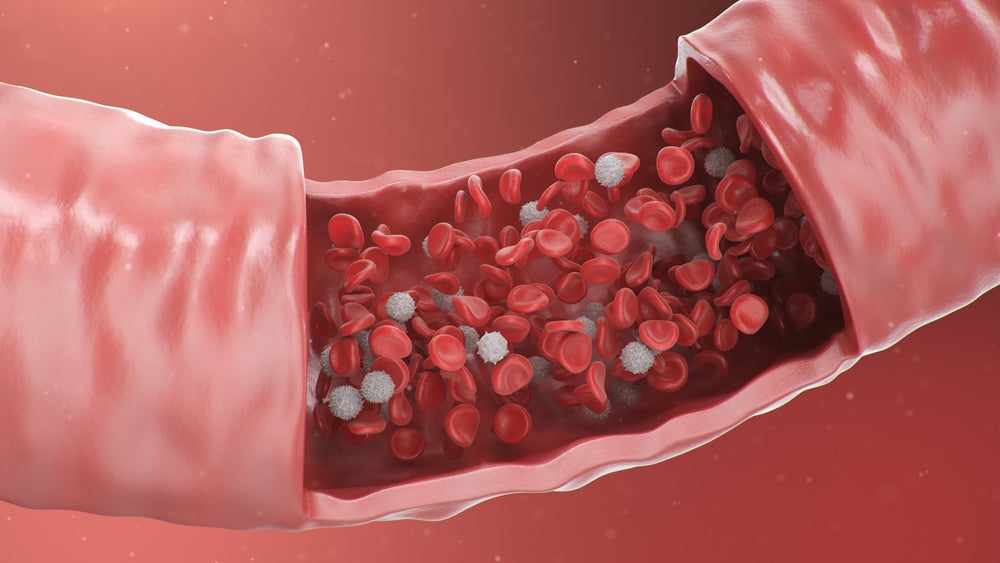
The MS Society in the UK has announced that recruitment of patients will start next year in the multiple sclerosis (MS) trial focused only on people who cannot walk.
The ChariotMS trial will evaluate whether Mavenclad tablets (cladribine) can slow down the rate of upper limb disability progression in people with advanced MS.
It plans to enrol 200 people with MS who can walk only a short distance with two crutches or cannot walk at all but retain some upper limb function.
The trial will be conducted in 20 centres across the UK.
Starting recruitment from January next year, ChariotMS trial will have no upper age limit.
No clinical trials have been conducted on MS patients who are reliant on a wheelchair so far and drugs are licensed for use only if they improve walking ability.
How well do you really know your competitors?
Access the most comprehensive Company Profiles on the market, powered by GlobalData. Save hours of research. Gain competitive edge.

Thank you!
Your download email will arrive shortly
Not ready to buy yet? Download a free sample
We are confident about the unique quality of our Company Profiles. However, we want you to make the most beneficial decision for your business, so we offer a free sample that you can download by submitting the below form
By GlobalDataThe MS Society Research assistant director Dr Emma Gray said: “More than 130,000 people live with MS in the UK, and those with more advanced forms can experience difficulty with walking, relying on mobility aids like walking sticks and wheelchairs to help.
“Preserving hand and arm function would unquestionably improve the quality of life of people with MS, helping them to live more independent lives.”
Relapsing, primary progressive and secondary progressive MS are three main types of MS that are diagnosed.
As of now, no disease-modifying therapies are available for the 35% to 40% of MS patients who need significant help walking.
Currently, Mavenclad is an effective treatment licenced for highly active relapsing MS. Early data hints at the drug’s potential to treat those with advanced MS.
Funded by the Efficacy and Mechanism Evaluation Programme, a partnership between the Medical Research Council and National Institute for Health Research, the trial will get receive additional funding.
This includes support from the MS Society, the National MS Society USA, Barts Charity and Merck Serono.







